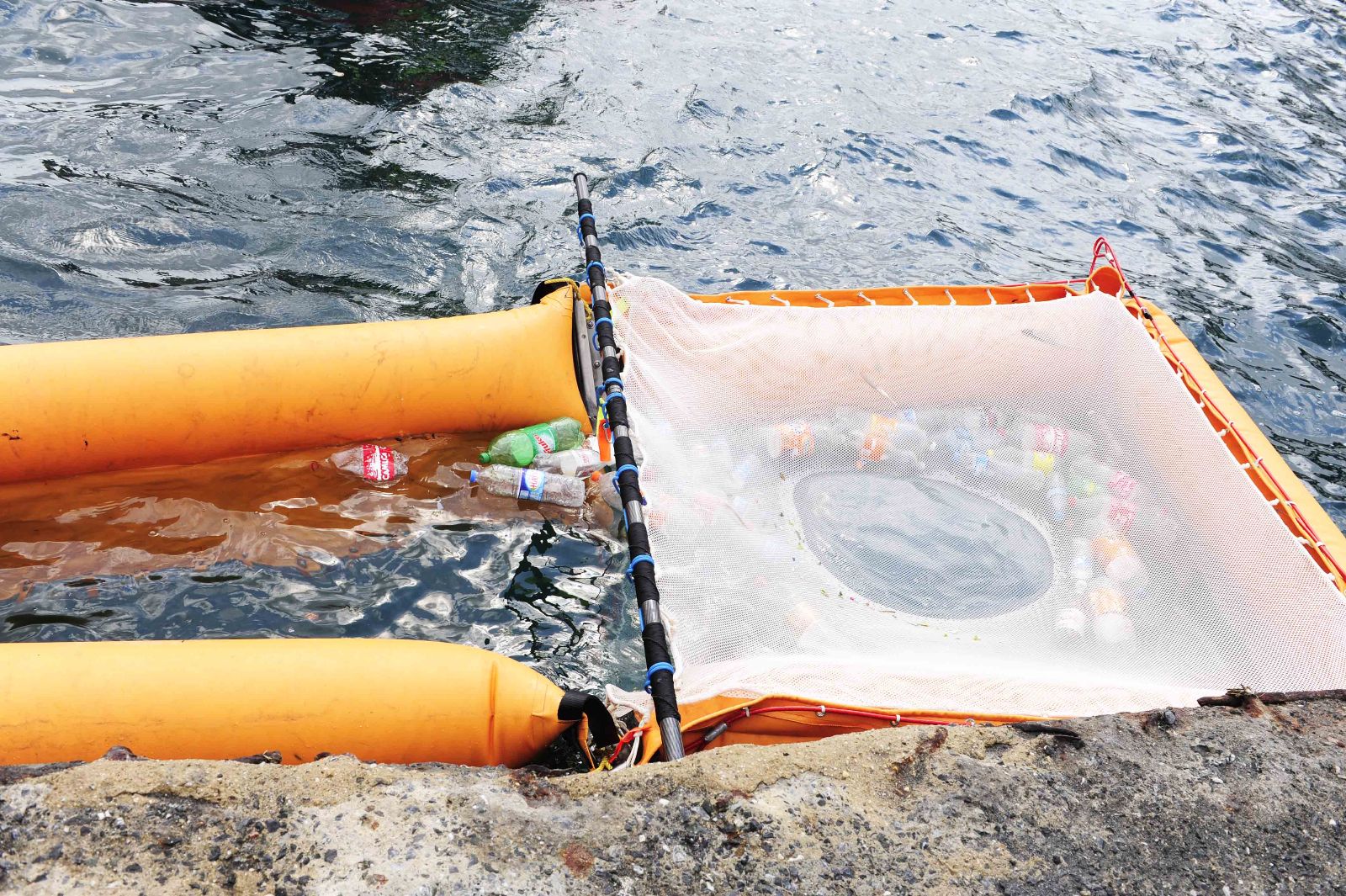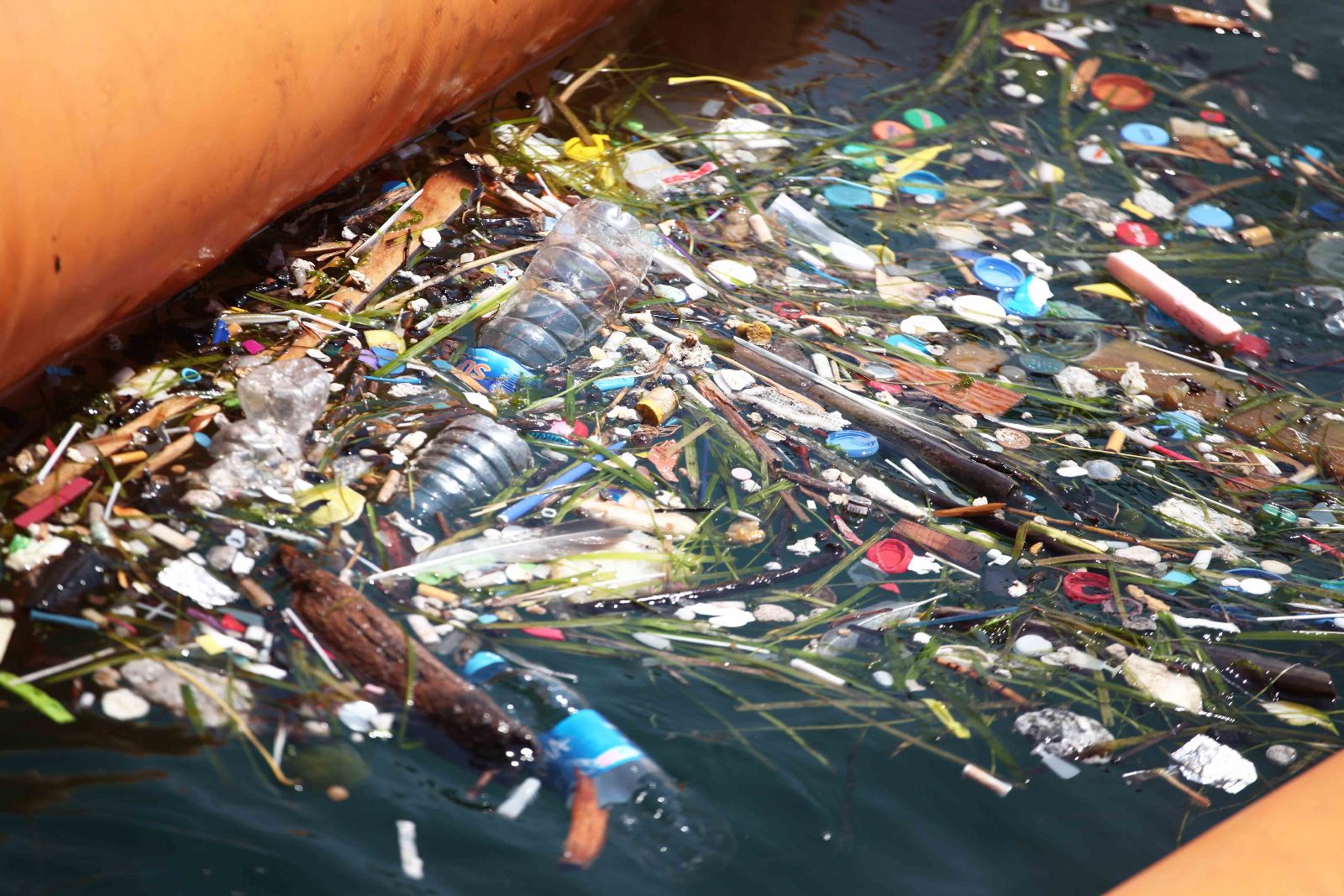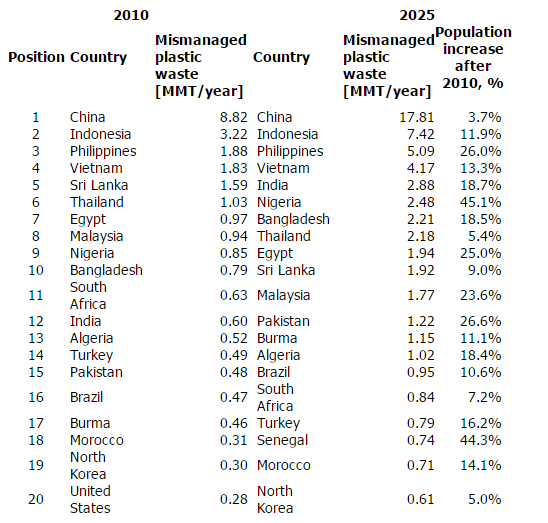 Alarm bells ring for the Turkish coastline, requiring an urgent integrated waste management approach
Alarm bells ring for the Turkish coastline, requiring an urgent integrated waste management approach
Pollution in the oceans and seas of the world increases steadily. Research suggests that the issue will only continue to worsen in the years to come. According to experts, the mismanaged plastic waste mass in China will increase from its 2010 level of 8.82 million tons to 18.81 tons by 2025. This is a threat not only to the Chinese coastline, but to all coasts worldwide due to waves and currents. The solution is the implementation of the right waste management system at once.
Efforts for a sustainable and clean environment fall behind development and population increase rates worldwide. The coasts of the world are polluted in particular by the ingress of land waste into the sea. When there is a lack of the right waste management system, land waste reaches the sea and causes pollution. The major cause of marine pollution is not trash directly disposed of in the sea, but domestic refuse sent to landfill rather than sorting and recycling. In many cases, these landfill areas are by the coastline. Waves, torrents, wind and subterranean waters are other transporters of waste to sea. Among the refuse that reaches the sea are waste plastics. A research by the University of Georgia(*) suggests that the quantity of waste will be much greater by 2025. According to experts, the coastal population of China will increase by 3.7% from 2010 to 2025, while the quantity of plastic waste polluting the coastline will more than double - from its 2010 figure of 8.82 million metric tons to 17.81 million metric tons. This means that China will be the greatest threat to the world's coastal waters.

The proper solution for clean seas and a sustainable environment is the execution of the right waste management system and recycling high-quality wastes. Waste does not stay confined to the coastline of one country; waves and currents spread waste across the globe. While Turkey's coastal waste pollutes the coasts of other countries, pollution elsewhere threatens the Turkish coastline. To prevent contamination, landfill zones must not be close to the coast.
Wastes that cross oceans are broken into barely visible pieces by the effect of solar rays and the mechanical force of the waves. But these are only invisible, not nonexistent. This invisible threat is the greatest of them all. These small pieces are ingested by fish, which in turn are ingested by humans. Therefore, coastal pollution is a threat to public heatlh as well.Commenting on the threatening level of marine pollution around the world and the necessity to act together in order to help alleviate the problem, PAGEV Chairman Yavuz Eroðlu said, “It is not enough for a country to clean its own coastline. 53% of the waste in the Turkish seas originated outside Turkey. Owing to Turkey's extensive coastline in three directions. wastes generated by other countries have a severe impact on us. Research suggests that the threat will worsen over the years. The threat is not limited to China; the quantity of mismanaged plastic waste in Turkey was 0.49 million tons in 2010, but is projected to increase to 0.79 million tons by 2025. We must take immediate action. The only solution is to switch to a fully integrated waste management system in order to clean the seas and prevent new wastes from entering the sea."

Yavuz Eroğlu continued, “The lack of a functional waste management initiative in Turkey is the greatest obstacle to the development of the recycling industry in terms of sustainability compared to developed countries. Recycling has benefits for our industry as a whole. Recycled materials are reused for production, providing a valuable contribution to the national economy. Consumers also play a large role in waste management and recycling. Segregating waste at source is a critical part that the consumer plays. It doesn't end there, however; the segregated waste must be properly collected by utility departments to start the recycling process. Recyclable materials that are not segregated at source are collected in irregular landfill zones. Lack of proper collection and storage causes some materials to lose their recyclability. This is why we must lose no time in cooperating with local administrations to take the right steps towards integrated waste management."
Yavuz Eroðlu discussed the efforts of PAGEV on marine waste on behalf of the plastics industry, saying "We as the plastics industry seek to be a responsible industry and act in that direction. We brought the Waste Free Oceans Foundation initiative of "Happy Fish" to Turkey after its successful implementation Europe-wide. 'Happy Fish' involves the development of a method we call 'waste fishing' in order to clean the wastes on the surface of the sea. This concerns not only plastic wastes, but all packaging wastes in general. The collected wastes are recycled with the help of PAGÇEV. We also cooperate with PAGÇEV to provide segregation-at-source education in school. We as the plastics industry try to fulfill our responsibility for a clean and sustainable environment. This project will both clean the seas and set an example to other industries for recycling."
Table S2. The top 20 countries with the highest quantity of mismanaged plastic waste mass in 2010 and 2020, and rate of coastal population increase from 2010 to 2025. MMT, million metric tons

*Source: Supplemental Materials for Plastic Waste Ingress from Land to Sea
Jenna R. Jambeck,* Roland Geyer, Chris Wilcox, Theodore R. Siegler, Miriam Perryman, Anthony Andrady, Ramani Narayan, Kara Lavender Law

